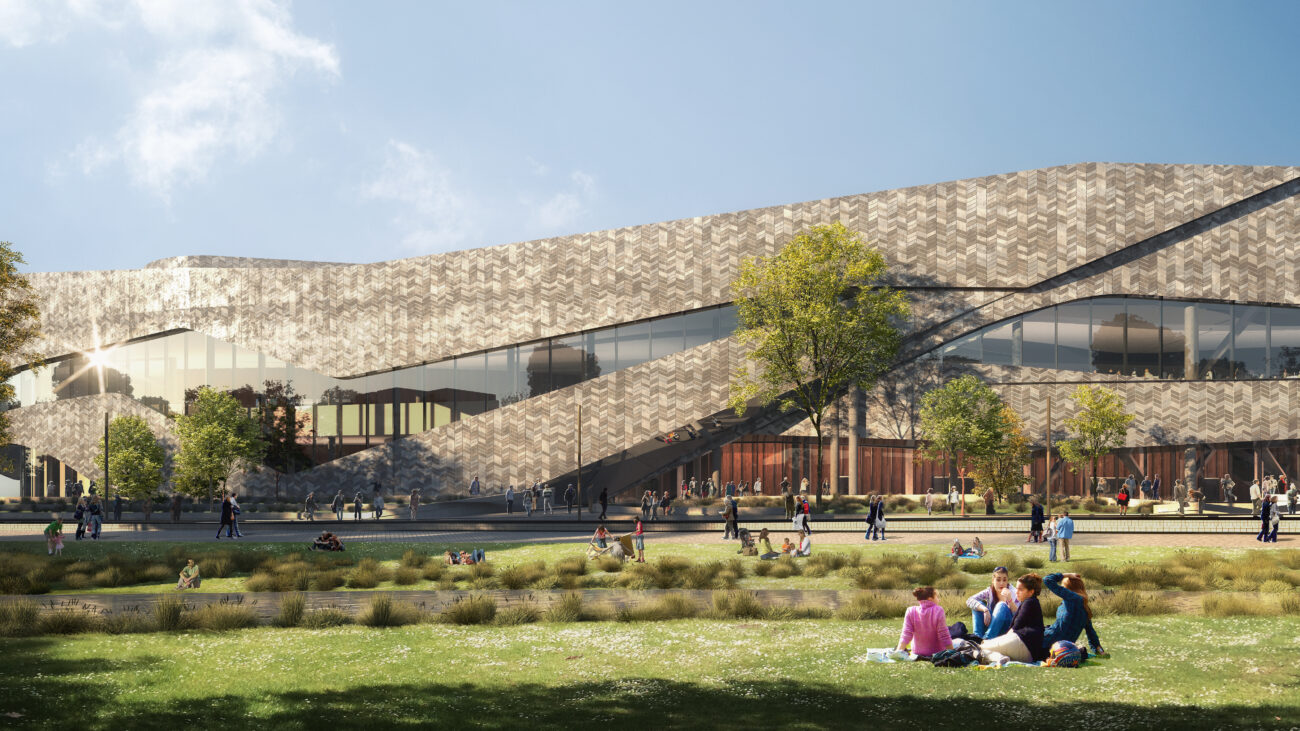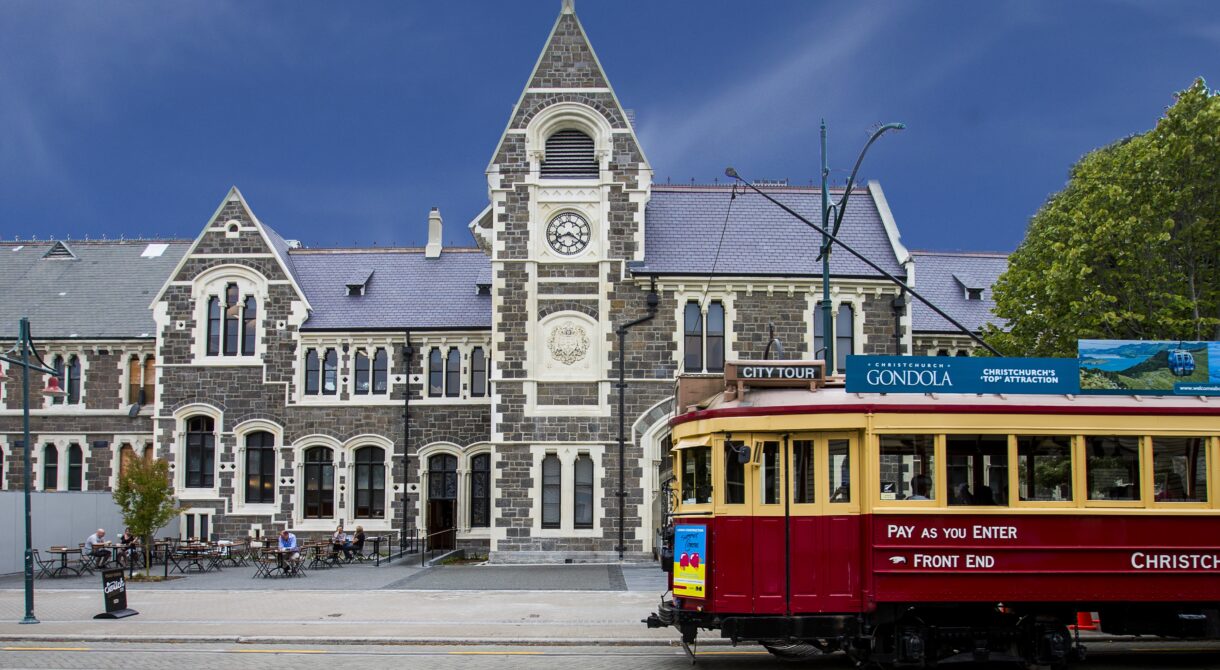Ōtautahi Christchurch, New Zealand, is one of those cities. While the smart, connected city has hosted hundreds of events, it’s also thoughtfully prepared to now welcome international conferences of scale while remaining true to its values.
“As a future-focused city, we understand the important role sustainability plays in making sure Christchurch remains an enjoyable place to visit and live for generations to come,” explains Claire Hector-Taylor, Convention Bureau Manager of Christchurch NZ.
Marking the start of a new era is the opening of Te Pae Christchurch Convention Centre -– New Zealand’s first purpose-built convention centre – in early 2021. The convention centre is at the heart of the city’s intentional infrastructure growth. Designed to meet the full range of requirements for diverse international events, the venue boasts modern and flexible spaces including 24 meeting rooms, a 1,400-seat auditorium, an exhibition hall for 200 booths as well as dedicated dining rooms, VIP spaces, and offices.
The convention centre is building sustainability into its core operations and has aligned with the United Nations SDGs since inception. As a champion of the local community, the intention is to drive incremental visitation by welcoming events and associations that align with the city’s foundational values. In preparation for opening, the centre is prioritizing sustainable energy management, developing programs to minimize waste, and sourcing menus from local farmers and growers to connect visitors with the abundance of the local land.
Association organizers are encouraged to work with local stakeholders to understand how they minimize their conferences’ environmental footprint. For example, Total Waste Solutions can minimize and divert conference waste from landfill while delivering on the Composting Food Packaging at Events (CFPE) initiative.

Defining the Future
Christchurch fosters a culture of creative thinking and innovation, which aids the global growth of industries—as well as the birth of new businesses. The knowledge hub, known for award-winning business mentoring and support for startups, has emerged as one of New Zealand’s most progressive cities, where industries like agriculture business, earth and health sciences, engineering and construction technology, and disaster planning and recovery thrive.
“We are finding associations and corporations that are aligned with these sectors choose Christchurch as a conference destination of choice,” explains Hector-Taylor.
For example, the city will host the Australasian College of Emergency Medicine Annual Scientific Meeting, which is scheduled to bring up to 1000 delegates to Christchurch in late 2021. The city became a living classroom for emergency response after the powerful 2010 earthquake and has since developed a multi-disciplinary patient-centered healthcare system which is garnering a global reputation.
The pursuit of knowledge and community is respected throughout the city, which is home to three of New Zealand’s leading higher education institutions and a renowned patient-oriented health system that is recognized around the world. This pursuit is also realized by local stakeholders who have identified industries with the highest potential for good and growth: Aerospace & future transport; health tech and resilient communities; food, fibre & agritech; and hi-tech services.
“ChristchurchNZ – the economic development agency for the city – has developed four supernodes. We see these areas all experiencing global growth and our region already has existing capability or local advantage in each. We are actively seeking new business events opportunities aligned with these industries,” says Hector-Taylor.
Exploring a walkable city
As any association planner understands, what happens inside the conference hall is as important as the connections and relationships forged when the talk tracks end.
A promising selection of hotel developments are in the pipeline adding fresh, eco-friendly itinerary to downtown. Additionally, the grassroots growth of boutique neighborhoods with local shopping, restaurants, and art exhibitions provides a vibrant culture for association attendees to explore.
This article was written by Boardroom editor Samantha Shankman. The right to use it, in parts or in full, has to be granted by the Publisher.
The city’s sustainable ethos is also evident in how you move through it: Christchurch’s appeal definitely lies in its walkability – there will be over 2,000 hotel rooms within easy walking distance of Te Pae, while world-class infrastructure now underway in the city include cutting-edge health and innovation precincts, and a metro sports facility, all a stone’s throw from each other. The international airport is also a short 15-minute drive from the centre, and once there, it is possible to walk or cycle with more than 330 kilometers of on and off-road bike paths.
The city council set a target for the district of having net zero greenhouse emissions by 2045 — five years ahead of the government’s proposed Climate Change Response (Zero Carbon) Amendment Act. The council itself aims to be net carbon neutral by 2030, highlighting its leadership around climate change and community stewardship for the natural environment.
Beyond the charm of the city itself, Christchurch is the doorway to New Zealand’s undisputed natural wonders that are close enough for visit before or after the conference.
